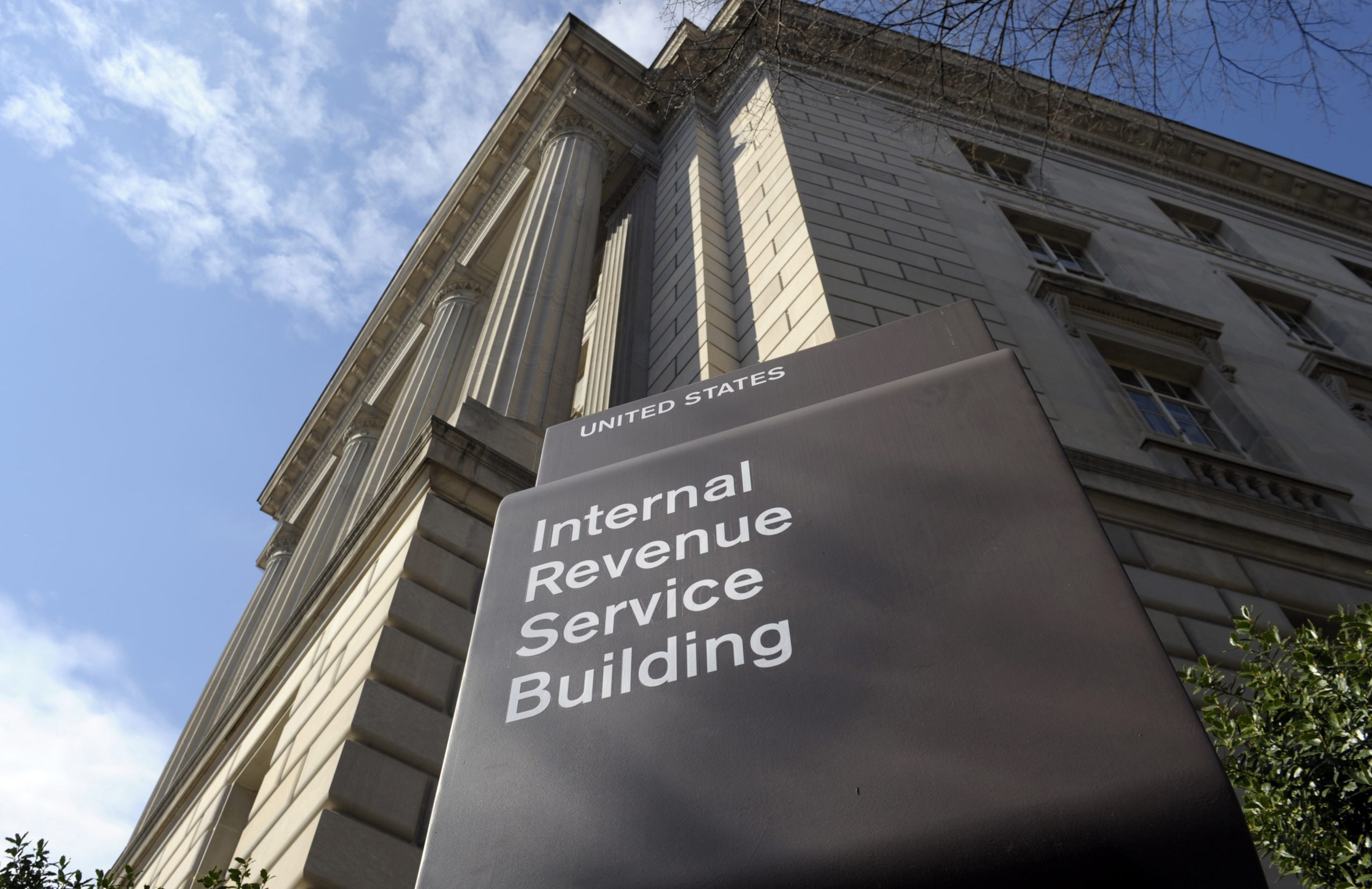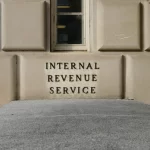The IRS Targets Crypto Investors – Why Americans Should Consider Moving Their Cryptocurrency Offshore
In a recent legal development, a federal court has ordered the cryptocurrency exchange, Kraken, to turn over account and transaction information to the Internal Revenue Service (IRS). This move by the IRS is intended to uncover whether any of Kraken’s users underreported their taxes, highlighting an increasingly intrusive regulatory environment for cryptocurrency holders in the United States1.
The IRS petitioned the court in the Northern District of California to issue this order, following Kraken’s settlement of charges related to a violation of securities law. The tax agency alleged that it issued a summons to Kraken in 2021, which the exchange failed to comply with, sparking the IRS’s interest in investigating the tax liabilities of users who transacted in crypto from 2016 to 20201.
Under the court’s order, Kraken is required to provide the IRS with comprehensive data about users who transacted more than $20,000 in a calendar year. This data includes the user’s name, birthdate, taxpayer identification number, address, phone number, email address, and more. Additionally, Kraken must provide blockchain addresses and transaction hashes that are part of the transaction data, and it may also produce raw data for the IRS1.
While this order might appear to be a necessary step in ensuring tax compliance, it has raised concerns about the extent of privacy cryptocurrency users can expect. Despite the court’s denial of several IRS requests, such as receiving employment information and source of wealth from Kraken, this decision underscores the broad power the government can exert over cryptocurrency exchanges and their customers in the name of tax enforcement1.
In light of these developments, American cryptocurrency holders should consider moving their assets into cold storage or onto an international exchange. Cold storage, a method of holding cryptocurrency offline, would allow holders to maintain their privacy and control over their crypto assets. International exchanges, particularly those in jurisdictions with more favorable cryptocurrency regulations, offer an alternative to U.S.-based exchanges like Kraken. While these options come with their own considerations, such as the need for robust security measures in the case of cold storage or the implications of international tax law, they represent potential paths for those seeking to maintain greater privacy and control over their cryptocurrency investments.
In conclusion, while tax compliance is unquestionably important, the recent court order involving Kraken serves as a reminder of the potential privacy trade-offs involved in using domestic cryptocurrency exchanges. By considering alternatives like cold storage or international exchanges, American cryptocurrency holders can take steps to protect their privacy and control over their assets in an increasingly regulated U.S. crypto landscape.









